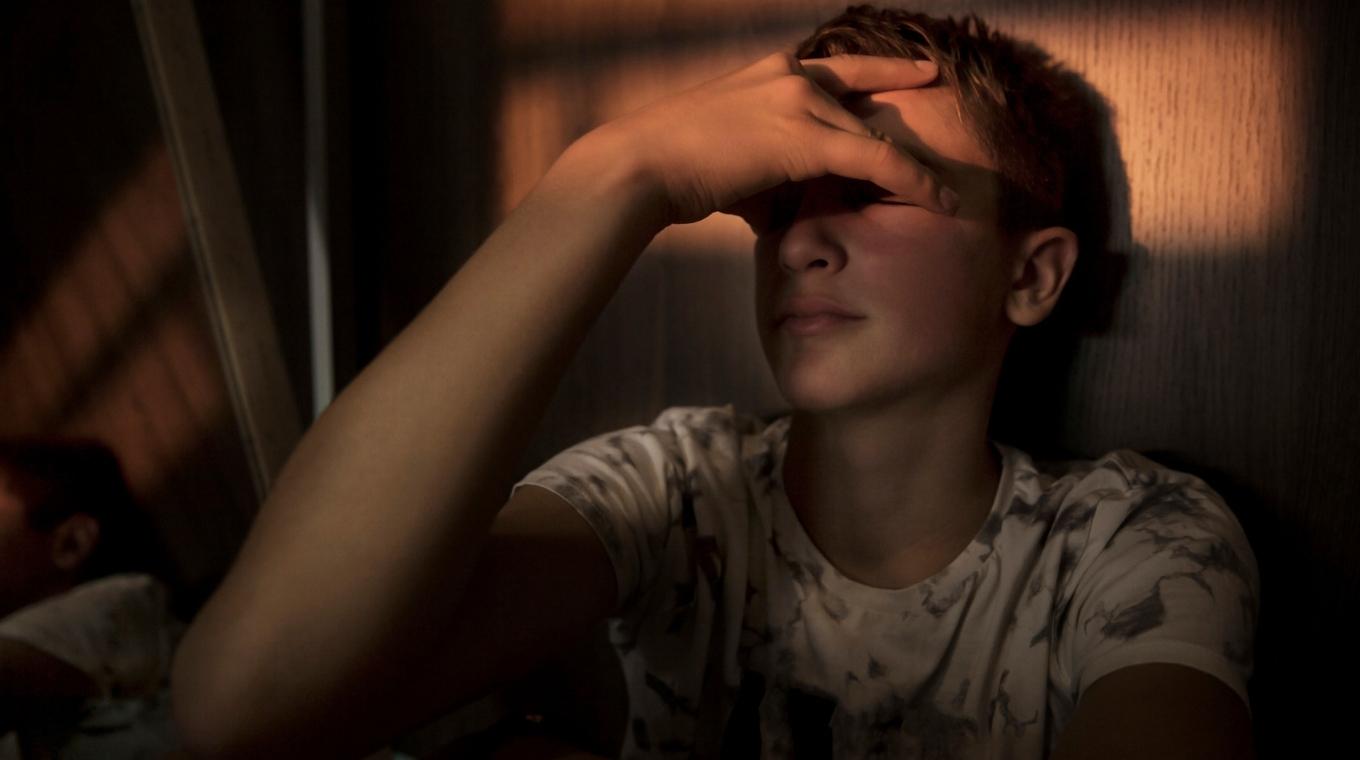
Teen mental health is in a pretty concerning place, and it's time to have a frank conversation about it.
In April 2022, the Centers for Disease Control and Prevention released some seriously concerning data regarding teen mental health based on trends in data captured from 2013 to 2019. Further data collected during the pandemic showed additional alarming trends about depression and suicidal feelings among adolescents.
LittleThings discussed this data and what parents can do to keep aware of their teen's mental health with Christina Johns, MD, senior medical advisor at PM Pediatric Care, the country's largest specialized pediatric urgent care group.
Note: If you or any of your loved ones are struggling with suicidal thoughts, you can always reach out to the National Suicide Prevention Lifeline by calling 1-800-273-8255. They are available 24/7 by phone or online chat.
The data referenced in the CDC study was collected from a nationally representative selection of public and private school students throughout that time period. It found that 20.9% of adolescents between the ages of 12 and 17 have had a major depressive episode. In 2019, 36.7% reported persistently feeling sad or hopeless in the past year, and 18.8% had seriously considered attempting suicide.
More from LittleThings: How To Spot The Lesser Known Signs Of Depression In Children

Christina Johns, MD, senior medical advisor at PM Pediatric Care, the country's largest specialized pediatric urgent care group, chatted with LittleThings about how to continue the conversations about mental health and self-care that so many parents are starting in childhood and keep them going in adolescence.
"I recommend getting in the habit of talking about good things that happen as well as bad, that way those conversations get normalized and discussing feelings isn't an 'unusual' activity. It's important to create a safe space that urges children to be open and honest with you, even if it's not in a crisis situation," she explained.
"This sets the tone for a mindset of being able to openly talk about something instead of impulsively acting on it."

Dr. Johns says it's incredibly important for parents to be aware of the signs that their teen might be struggling with their mental health, as so many kids either don't see it or don't want to talk about it.
"Overall, look out for signs of changes in eating or sleeping patterns, loss of interest in activities and friends, and sharp changes in mood," she began.

Then she got into more specifics for parents to look out for.
"Disruptions to eating or sleeping habits can be overlooked as kids simply 'going through a phase,' but if you notice your child is consistently having trouble waking up in the morning, and they never used to, and they always seem exhausted and don’t want to get out of bed, it could be a sign of depression, amongst other things," she noted.
"Shifts in eating habits, such as consistent, noticeable loss of appetite or disinterest in eating that did not exist before, might be an indicator of mood disorder. An active child who is suddenly uninterested in anything — activities, friends, schoolwork, etc. — could be emotionally struggling. Sharp changes in mood — that seem to come out of nowhere — with intense agitation coming from a generally happy child could indicate depression, stress, or anxiety."

As more parents delve into their teens' mental health, it is inevitable that some will discover their teens are suicidal. Dr. Johns explains what parents should do in that situation.
"First, make sure they are safe in their environment. Check their room for any item that could be used for self-harm, including medications," she said.
"If there is any suspicion that a child has a plan to end their own life, and this should be asked directly, then it is important for them to obtain emergency psychiatric care to evaluate for possible inpatient admission and observation."

Many have noted the recent uptick in stories of student-athletes at the high school and college level dying by suicide. Dr. Johns says that parents of student-athletes should be especially vigilant about their teens' mental health.
"Youth athletics can be an overly pressured competitive atmosphere that can lead to significant crisis," she noted.
"If a child starts to withdraw in any way — from friends, shows disinterest in practice, or grades drop — then it's worth escalating to get professional health."

Dr. Johns offered her advice for parents of teens as they navigate this difficult subject within their own families.
"Validate your child whenever they offer information about how they are feeling, or what makes them anxious or stressed. This will let your child know that it's OK to talk about these difficult topics," she said.
"It's also OK to say to your child: 'Would you like to speak to someone other than a parent about this? There are trained experts who help a lot of kids just like you, and I’d love to connect you with one.' And don't forget to say 'I love you.'"







